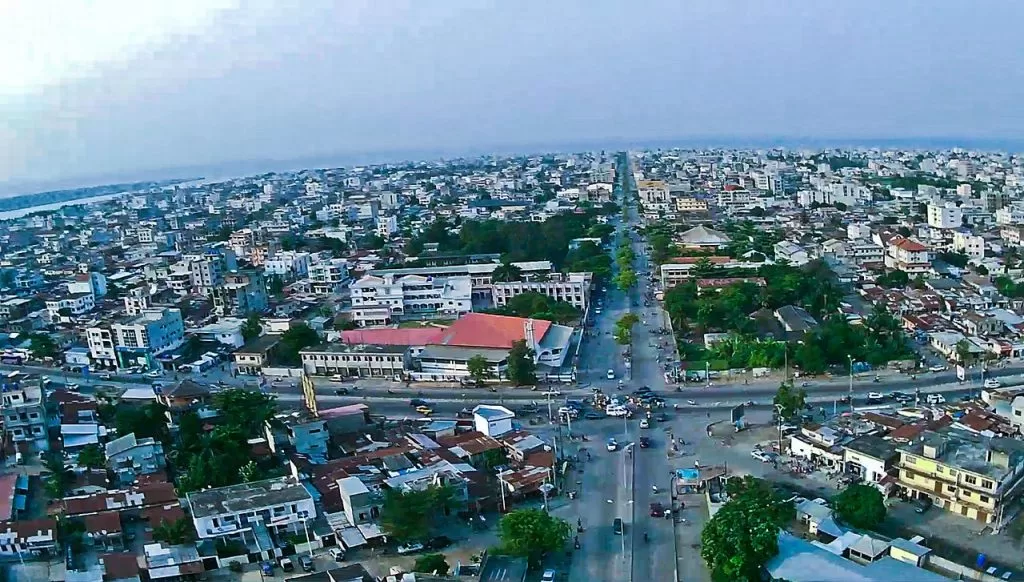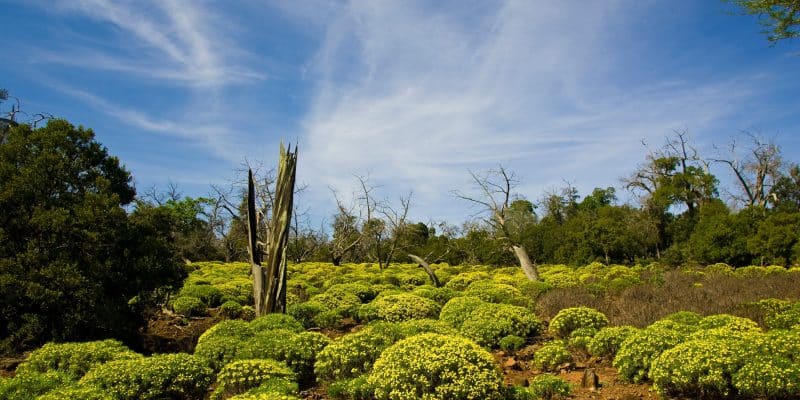Benin Country Report

Benin is a fascinating country in West Africa. Benin is known for its rich history, vibrant culture, and diverse ethnic groups. The political system in Benin is a multi-party democracy, with regular elections and a president as the head of state. Benin has made significant progress in terms of political stability and democratic governance. The country has experienced peaceful transitions of power through elections, which is commendable. The National Assembly, consisting of the unicameral parliament, plays a crucial role in legislation and oversight. In recent years, Benin has been focusing on economic development, promoting investments, and improving infrastructure. The government has implemented reforms to attract foreign investments and diversify the economy. Benin is also known for its vibrant arts and culture scene, with traditional music, dance, and festivals being an integral part of the country’s identity. The historical city of Ouidah, known for its connection to the transatlantic slave trade, is a UNESCO World Heritage site and a popular tourist destination.
Last updated: July 17, 2023
Security
Benin is generally considered a safe country to visit, but it’s always important to take precautions and stay informed about the current situation. Like any other destination, it’s a good idea to follow common safety practices such as being aware of your surroundings, avoiding isolated areas at night, and keeping your belongings secure. It’s also recommended to stay updated with travel advisories from your government or reliable sources before planning your trip.
Petty crime is the most common threat to foreigners, with reports of opportunistic theft, kidnapping and robbery targeting tourists and migrants. Civil wars occur regularly in Benin, especially in the commercial capital, and are generally caused by political upheavals and socio-economic conditions. There is also growing concern that extremist groups based on the Sahel are expanding into the north of the country. There is currently no significant risk of conflict over Benin.
Last updated: April 19, 2022
Infrastructure

The country has been making efforts to improve and develop its transportation networks, energy systems, and telecommunications. The government has been investing in road construction and maintenance to enhance connectivity within the country and facilitate trade. Additionally, there have been initiatives to upgrade and expand the ports and airports to support economic growth. In terms of energy, Benin has been investing in renewable energy sources such as solar power to increase access to electricity. Telecommunications have also seen advancements with the expansion of mobile networks and internet connectivity.
These infrastructure developments aim to support economic development and improve the quality of life for the people of Benin.
Last updated: April 3, 2023
Environment

The country is home to a diverse range of ecosystems, including forests, savannahs, wetlands, and coastal areas. These ecosystems support a wide variety of plant and animal species, some of which are endemic to the region. Benin has established several protected areas, such as Pendjari National Park and W National Park, to safeguard its natural heritage. In terms of conservation efforts, Benin has implemented initiatives to address environmental challenges. These include promoting sustainable agriculture practices, protecting endangered species, combating deforestation, and promoting renewable energy sources. The government has also been involved in international agreements and collaborations to address climate change and promote environmental sustainability. Efforts are being made to raise awareness about the importance of environmental conservation among the local communities. Environmental education programs and community-based initiatives aim to engage people in sustainable practices and promote the conservation of natural resources.
Benin’s rainy season rains usually cause flooding and land transport disruptions, including in Cotonou. The northern region of Benin experiences drought and dusty winds from the Sahara desert from December to March. Air pollution and waste management are important issues in Benin, especially in Cotonou, which poses health risks for tourists. Benin is not particularly prone to earthquakes
Last updated: March 11, 2022
Health and Medical
The government has been working to enhance the quality and availability of healthcare by investing in healthcare infrastructure, training healthcare professionals, and improving access to essential medicines. However, it’s important to note that healthcare resources and facilities may vary across different regions of the country. In urban areas, such as Cotonou and Porto-Novo, you may find better-equipped medical facilities, while more rural areas may have limited access to healthcare services. If you’re planning a trip to Benin, it’s always advisable to have travel insurance that covers medical expenses. It’s also a good idea to consult with a healthcare professional or travel clinic before your trip to ensure you have the necessary vaccinations and medications. Remember, taking precautions such as practicing good hygiene, staying hydrated, and avoiding consuming unsafe food and water can help prevent common health issues during your visit.
Major health concerns arise from malaria, cholera and Lassa fever. Medical facilities, including in Cotonou, are limited and of low quality and should only be used for basic medical needs. While prescription drug shortages are relatively common, contraband drugs are widespread. Although tap water is readily available, it is not safe to consume.
Last updated: August 22, 2023
Political
Benin has been characterized by relative political stability and numerous peaceful democratic transitions over the past two decades. Political parties are generally weak, and most successful presidential candidates have won as independents, reducing the likelihood of the ruling coalition winning. Nevertheless, despite government efforts, corruption remains a systemic problem in Benin, particularly affecting the judiciary, law enforcement and customs. The rule of law in Benin is hampered by systematic corruption within the judiciary, which is overburdened and overburdened.
Politics can be a fascinating and complex topic, don’t you think? In Benin, the political landscape has seen some changes over the years. The country follows a democratic system with a multi-party political framework. Elections are held regularly, allowing citizens to participate in the decision-making process. It’s worth mentioning that political situations can be dynamic, and it’s always a good idea to stay informed through reliable news sources for the most up-to-date information.
Last updated: March 17, 2022















